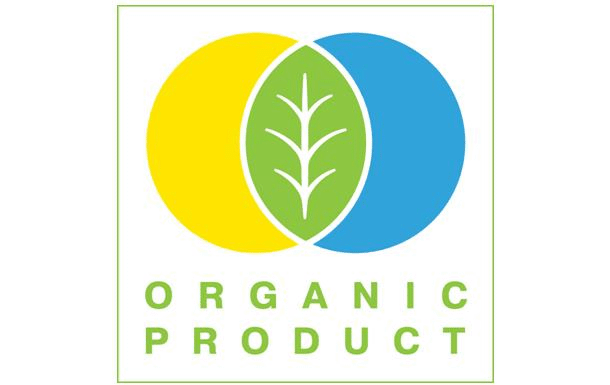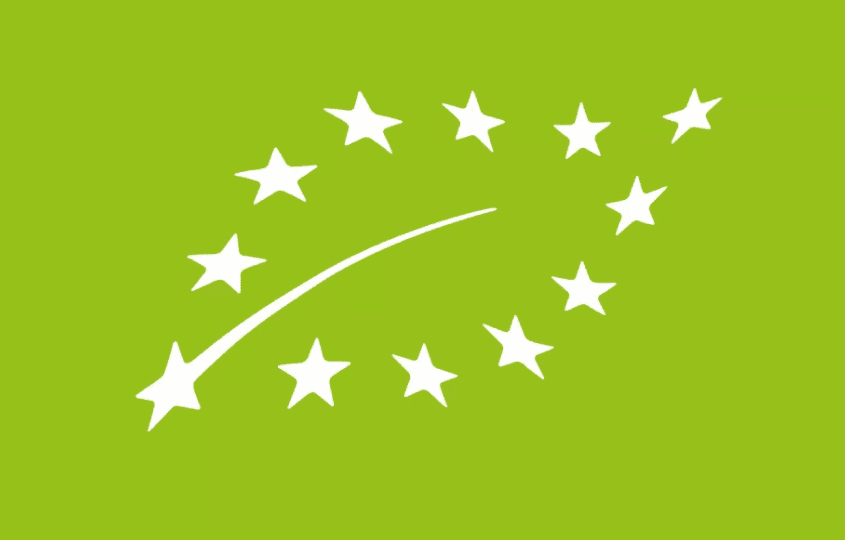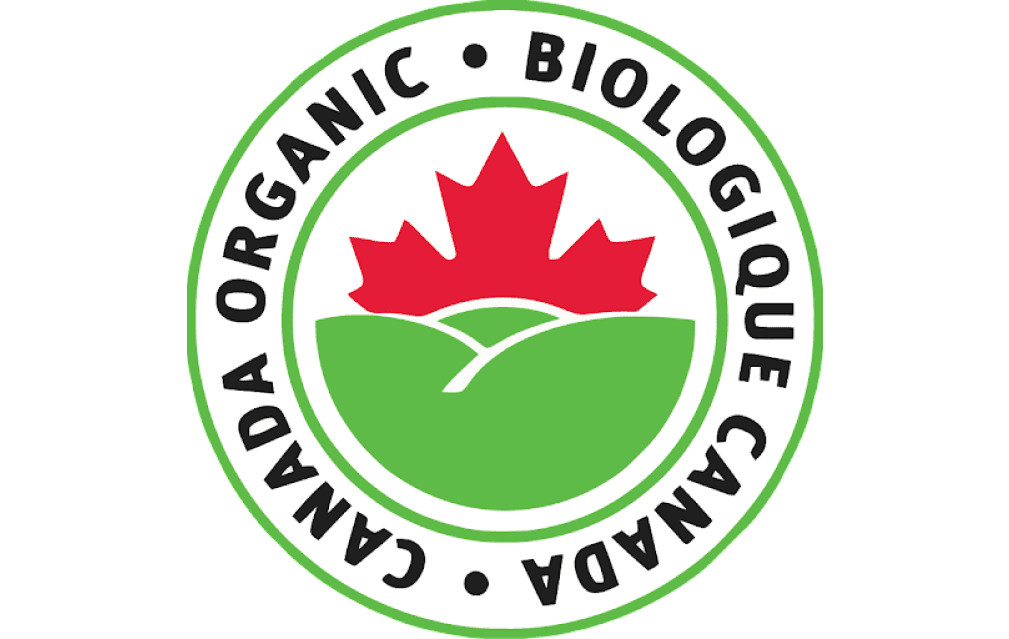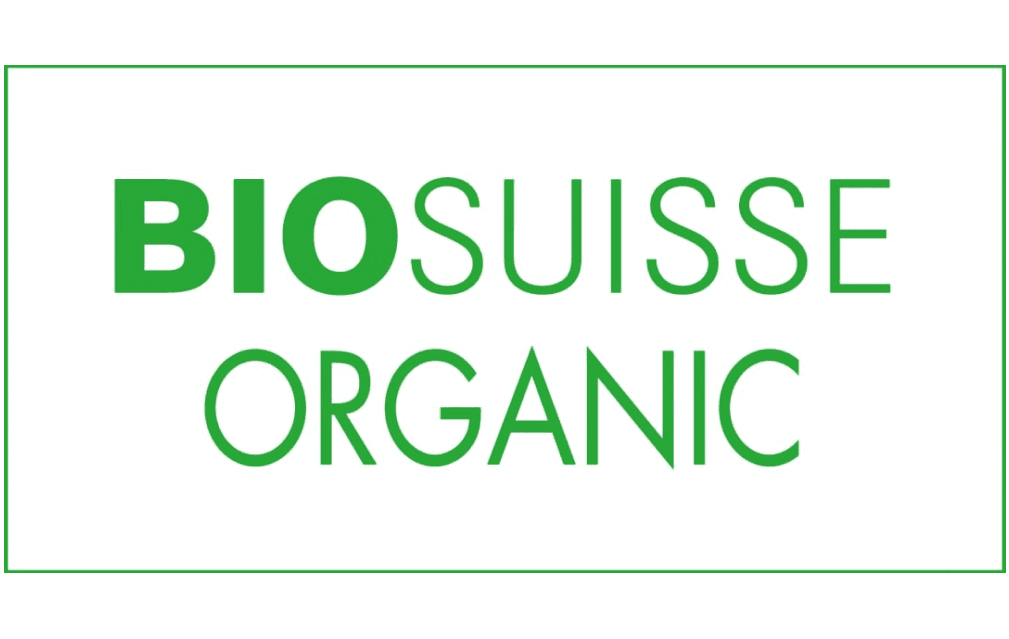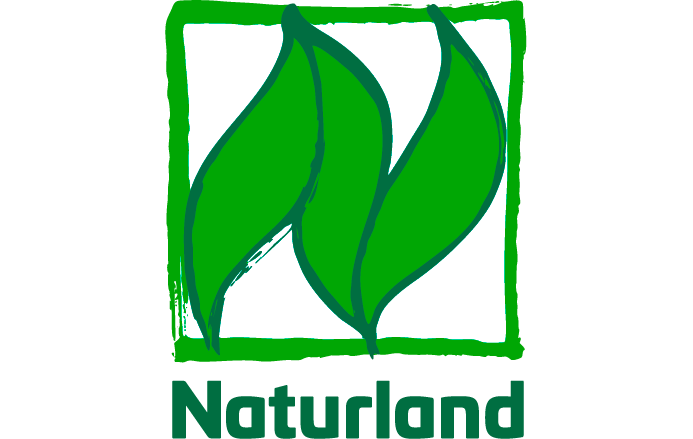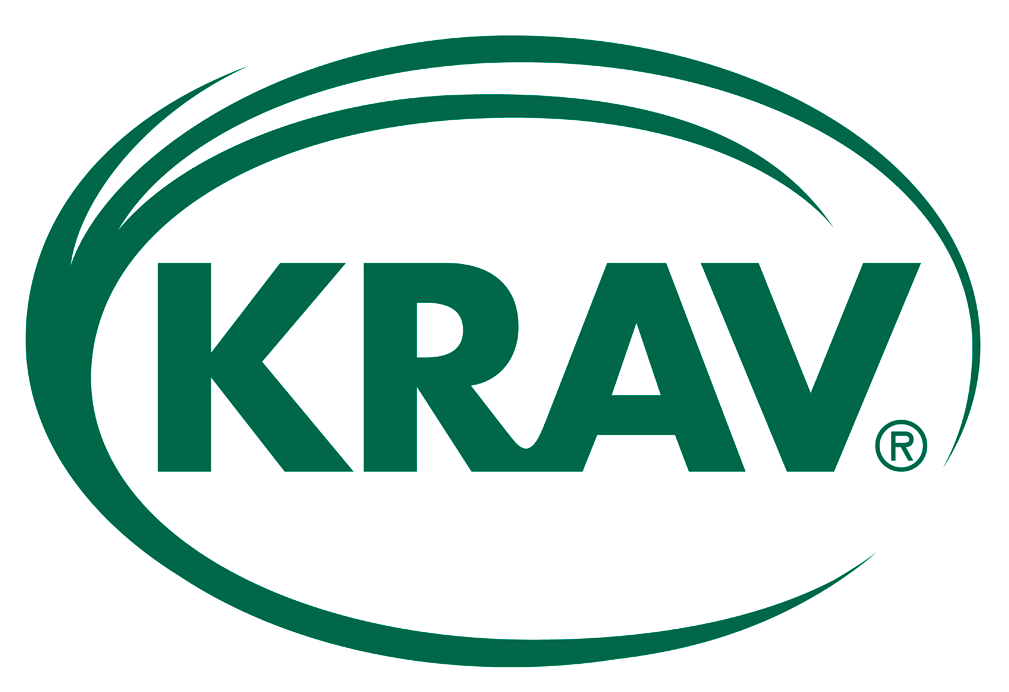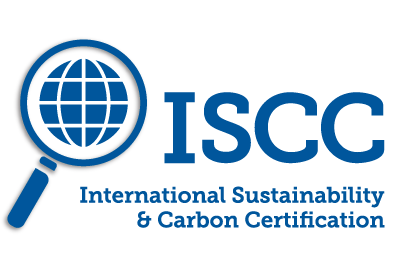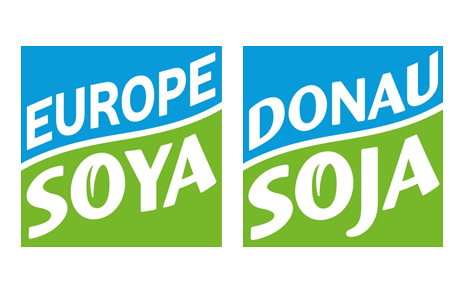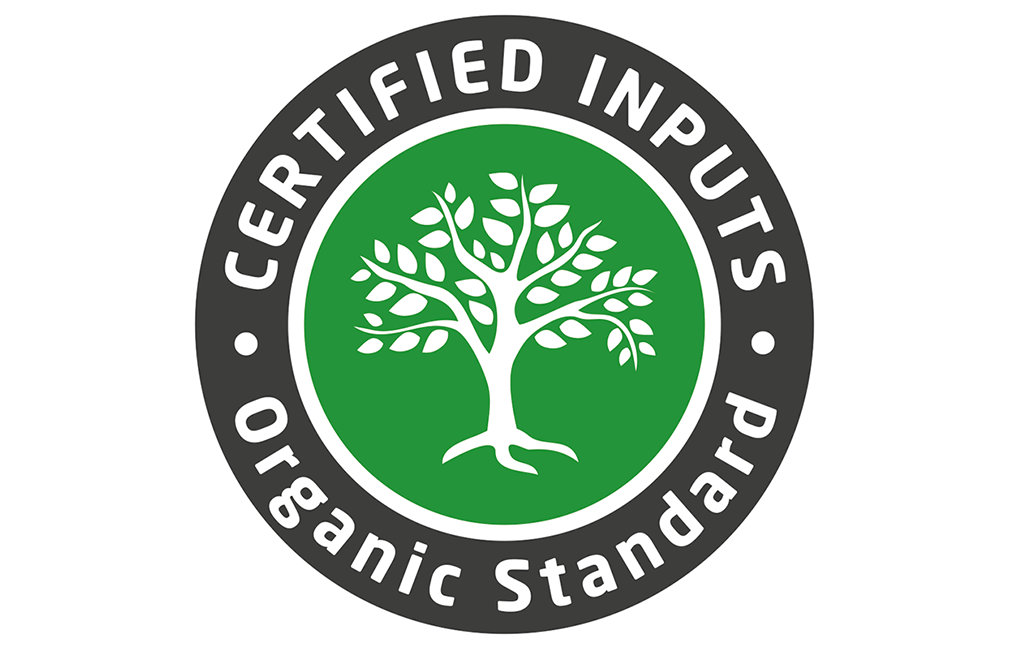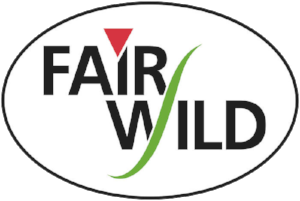Standards and Regulations
Organic Standard provides certification services according to the main, trendy, and up-to-date standards of organic and sustainable production, granting you access to major export markets.
The experts at Organic Standard adhere to internal procedures developed in accordance with the requirements of relevant standards and regulations. Please be aware that documents containing information about the certification scheme, particularly the relevant inspection procedures, rules and procedures for issuing certification documents, expansion or reduction of the scope of certification, suspension, revocation, or certification refusal, can be provided upon request. For more details, kindly reach out to our Quality Manager at lysetska.o@organicstandard.ua.

